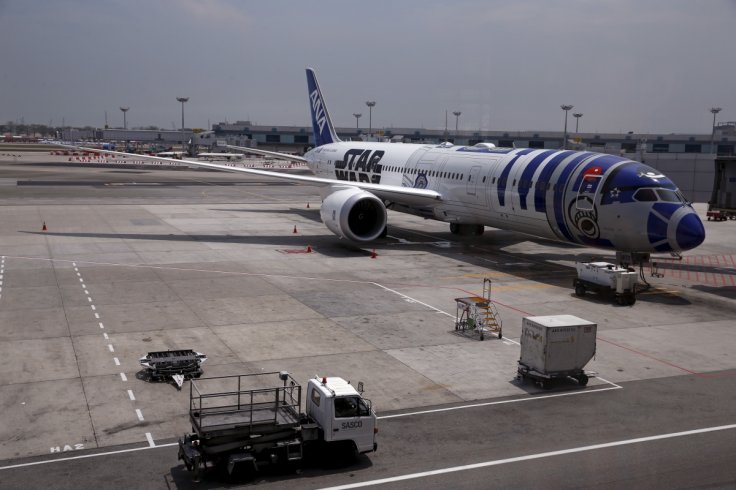
Asian airlines may have to raise airfares to mitigate costs from high jet fuel prices, analysts said, a move that would likely cap booming growth in aviation demand and slash jet fuel margins that are seasonally at their strongest in five years.
The profit margins refiners make from producing jet fuel are currently at their strongest for this time of year since 2013, thanks to an aviation sector that has surged with regional economic growth, cheap fares and increased route options.
But aviation fuel prices, one of the main input costs for airlines, are also lingering close to their highest in about four years, weighing on airlines' balance sheets.
Asian jet cracks are currently around $16 a barrel over Dubai crude, while jet prices are close to their highest levels since December 2014.
"If jet fuel prices get too high then airlines will have to start revising their air fares up," said a Singapore-based middle distillates trader, adding that higher ticket prices could result in a fall in passenger miles.
Data from the International Air Transport Association (IATA) released last week showed a slowdown in Asia-Pacific airlines' traffic in July, up 7.5 percent over the same month last year, as against a growth of 9.6 percent in June.
"Rising costs - particularly fuel - will likely limit the stimulus we would expect from lower airfares. Therefore, we do expect to see a continued slowing of growth compared to 2017," said IATA Chief Executive Alexandre de Juniac in a statement.
Airlines such as Air India and China Southern Airlines in major Asian travel hubs are struggling to remain profitable as higher fuel costs are partly offsetting the benefits of strong travel demand.
Indian airlines alone are expected to post combined losses of up to $1.9 billion this financial year due to rising costs and low air fares, aviation consulting firm CAPA India said.
WINTER HEATING SUPPORT AROUND THE CORNER
While the likelihood of increased airfares casts a shadow on aviation demand growth, winter heating demand could help carry the strong jet/kerosene margins forward, trade sources said.
During winter, typically starting in the fourth quarter, demand in the region picks up for kerosene as a heating fuel.
Jet fuel and kerosene are closely related and belong to the same grade of oil products - middle distillates - with jet fuel margins determining the profitability of both.
"Asian refiners have been steadily increasing their jet fuel yields over the recent times. Still, a tight middle distillate market is holding jet premiums high," said Sri Paravaikkarasu, head of the East of Suez, Oil, division at consultancy FGE.
"Although some seasonal downturns are possible, overall premiums should stay strong in the coming months. Not to forget, we are also entering a seasonally strong middle distillate demand period soon," she said, referring to the northern hemisphere winter.








